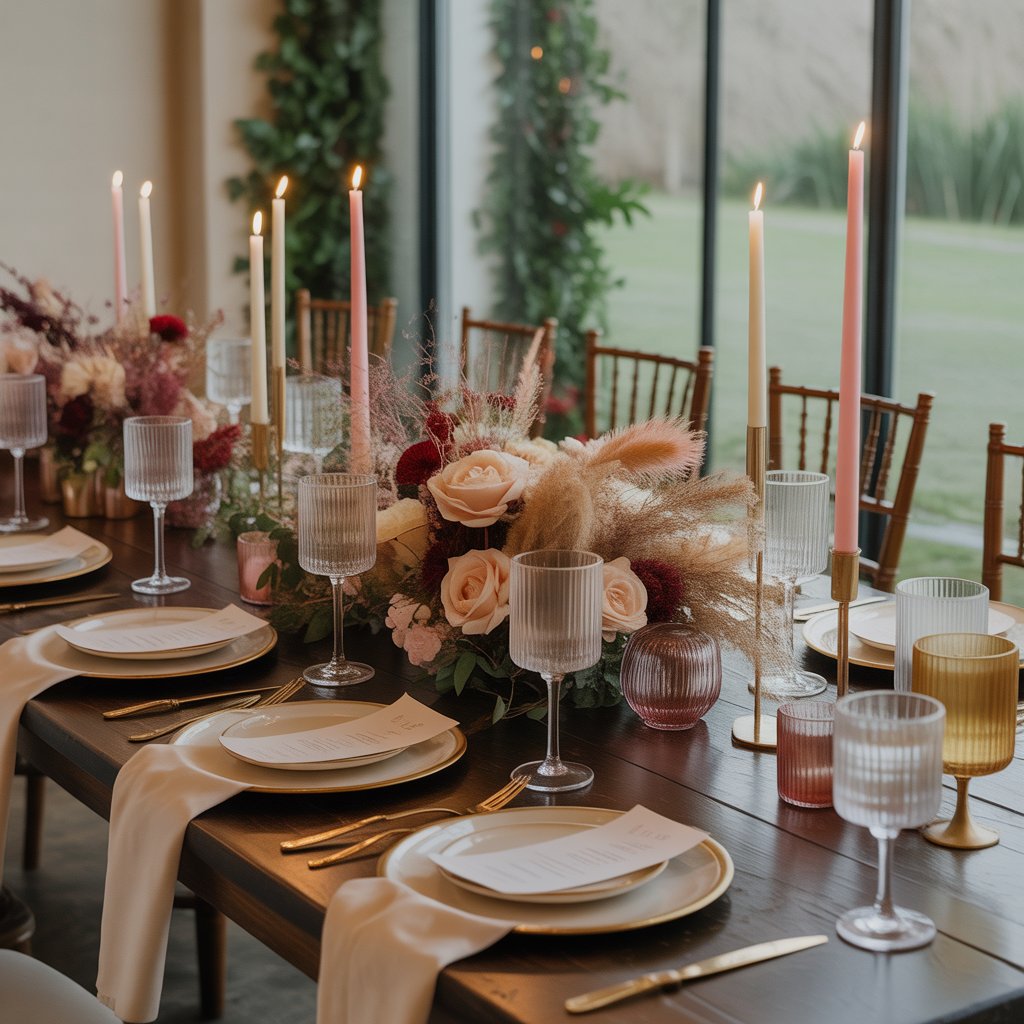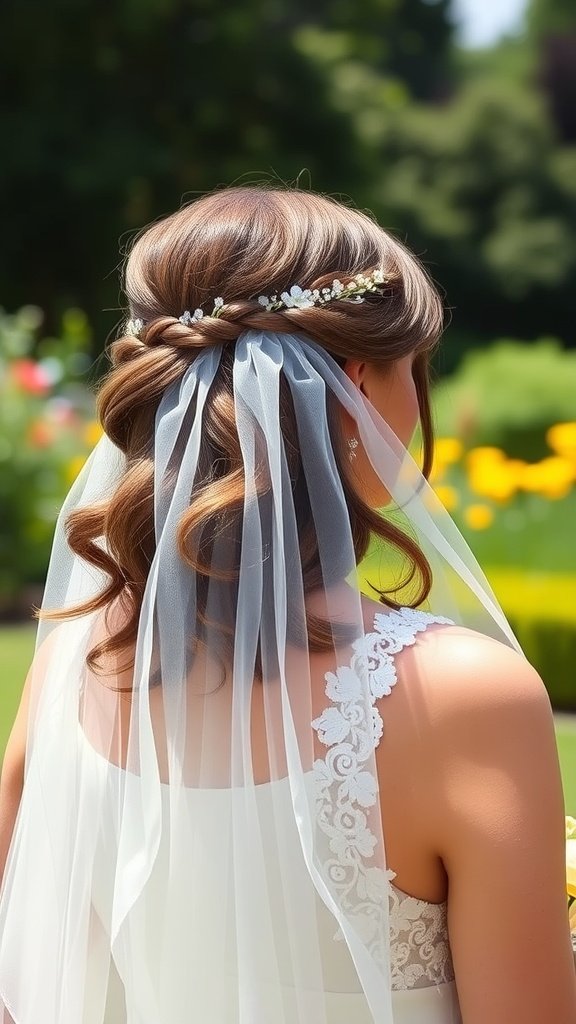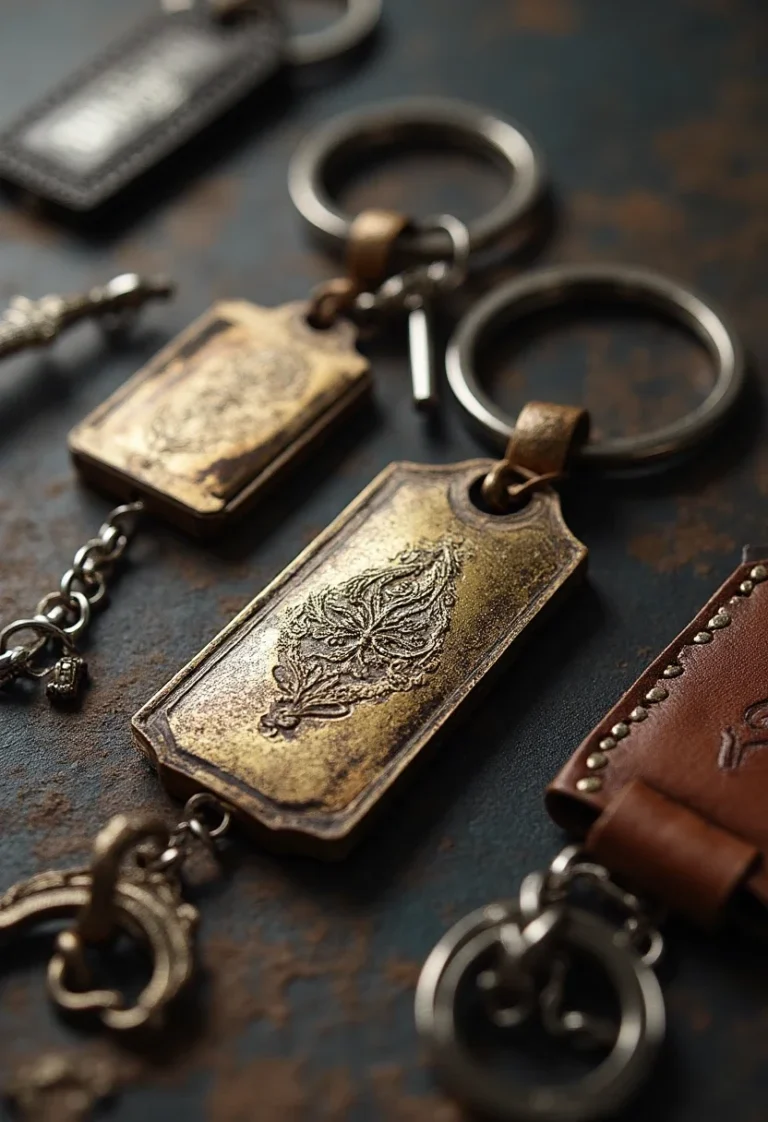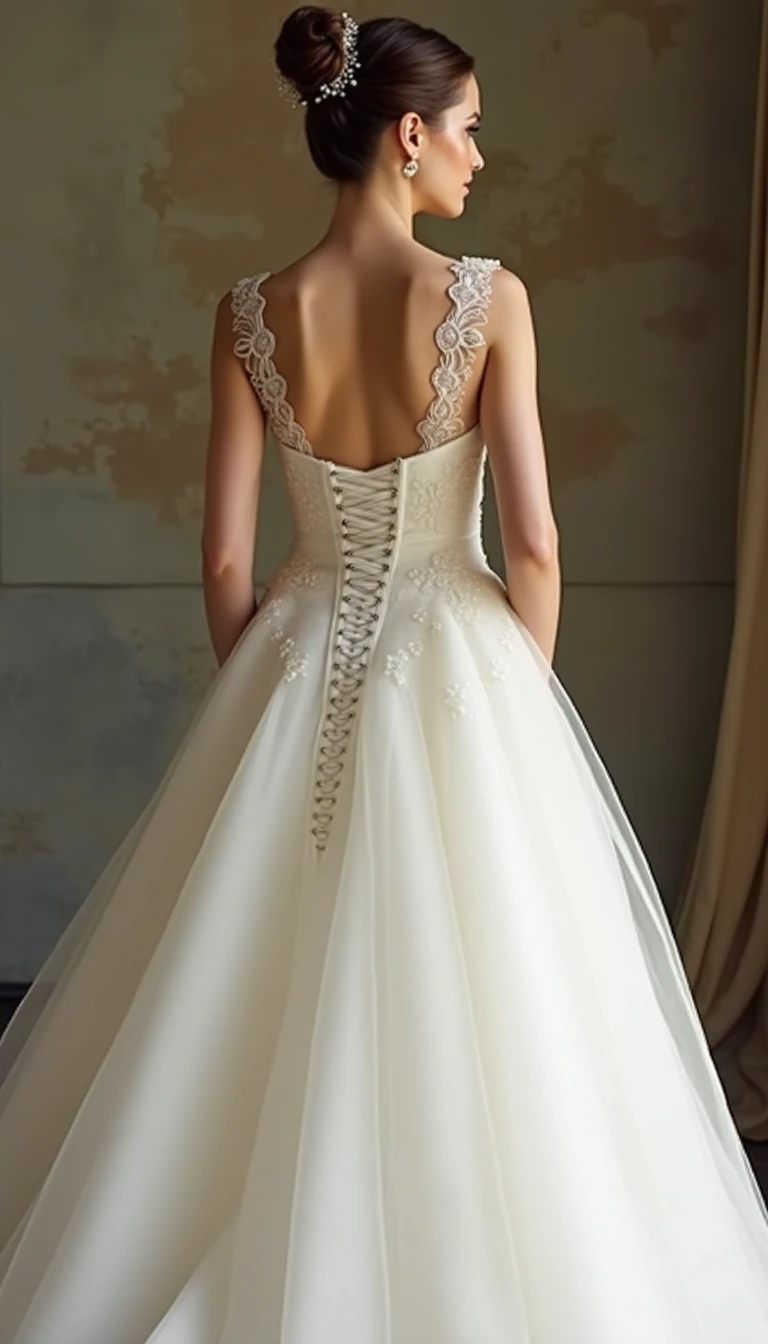The 5 Most Common Rehearsal Dinner Mistakes
Rehearsal dinners are a cherished part of wedding celebrations, serving as a time for family and friends to gather before the big day. However, planning these dinners can come with its own set of challenges. Many couples find themselves making common mistakes that can detract from the overall experience. In this article, we will explore the five most frequent rehearsal dinner mistakes and provide helpful tips on how to avoid them.
Definitions
A rehearsal dinner typically occurs the night before the wedding and allows the wedding party and close family members to rehearse the ceremony. It’s also a chance for everyone to bond over a meal, paving the way for a smoother wedding day. Understanding the importance of this event is crucial for effective planning.
Key Concepts
When planning a rehearsal dinner, key concepts include budget management, guest list creation, theme selection, and venue choice. Couples should start by determining their budget, as this will guide all other decisions. Next, compiling a guest list that includes family and close friends is essential to ensure everyone feels included.
The theme of the rehearsal dinner can reflect the couple’s personality or wedding theme, adding a personal touch. Choosing a venue that accommodates the guest list and fits the desired atmosphere is equally important, whether it’s a formal restaurant, a backyard barbecue, or a unique location that holds special meaning.
Lastly, timing is crucial; ensuring that the dinner occurs at a convenient time for all guests can enhance attendance and participation. Consideration of these key concepts can lead to a memorable and enjoyable experience for everyone involved.
Examples of Common Mistakes
One of the most common mistakes is neglecting to communicate essential details to guests. Failing to provide information about the venue, time, and dress code can lead to confusion and frustration. To avoid this, ensure all guests receive clear invitations well in advance.
Another frequent error is overcomplicating the menu. While it’s tempting to create an elaborate feast, a simpler menu can often be more enjoyable and less stressful. Consider dietary restrictions and preferences to accommodate all guests without overwhelming the kitchen staff.
Additionally, couples sometimes overlook the importance of seating arrangements. A poorly organized seating plan can lead to awkward interactions and discomfort. Thoughtfully planning where guests sit can foster better conversations and connections.
Moreover, rushing through the planning process can result in overlooked details. Take the time to plan each aspect carefully, from decorations to entertainment, ensuring nothing is left to chance.
Finally, neglecting to express gratitude can leave a sour taste for guests who have made the effort to attend. Small gestures of appreciation, such as thank-you notes or small tokens of appreciation, can go a long way in making guests feel valued.
Pros and Cons of Different Approaches
There are various approaches to planning a rehearsal dinner, each with its own set of advantages and disadvantages. A formal dinner at a restaurant can offer a refined atmosphere and professional service, but it may also come with a higher price tag. On the other hand, a casual backyard gathering can create a relaxed and intimate setting, but it requires more effort in terms of setup and cleanup.
Some couples opt for themed dinners, which can be fun and engaging. However, this approach may limit food choices and could require more elaborate decorations. Ultimately, the choice of approach should align with the couple’s vision and budget, ensuring a memorable experience.
Case Study: A Successful Rehearsal Dinner
Consider the case of Emily and James, who hosted their rehearsal dinner in a rustic barn. They carefully curated a guest list of 50 close friends and family, ensuring everyone felt included. The couple chose a simple barbecue menu that catered to various dietary preferences, making it easy for guests to enjoy the meal.
Emily and James also created a fun seating arrangement that encouraged mingling and interaction among guests. They incorporated personal touches, such as a photo slideshow, which added warmth to the event. The couple expressed their gratitude with small, thoughtful gifts, leaving a lasting impression on their guests.
Future Trends in Rehearsal Dinners
As wedding planning evolves, so do rehearsal dinners. Future trends may include more experiential dining options, such as interactive food stations or themed culinary experiences. Additionally, an emphasis on sustainability is likely to grow, with couples opting for locally sourced ingredients and eco-friendly practices.
Moreover, virtual and hybrid rehearsal dinners may become more common, allowing distant relatives to join in the celebration. Adapting to these trends can help couples create unique and memorable events.
Conclusion
Planning a rehearsal dinner can be a rewarding experience when done thoughtfully. By avoiding common mistakes and considering various approaches, couples can create a meaningful event that sets the tone for their wedding celebration. Ultimately, the key is to prioritize communication, simplicity, and gratitude, ensuring that all guests feel welcomed and appreciated.







